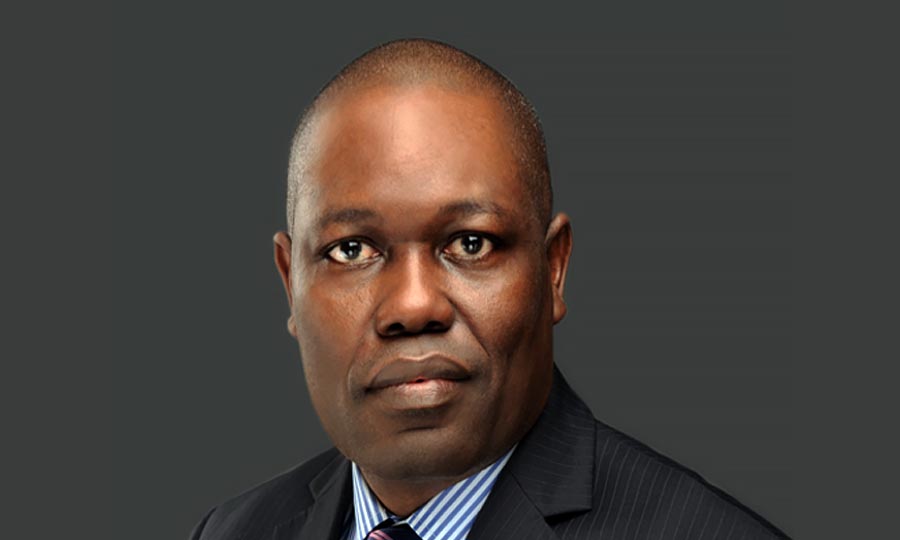The Group Managing Director and Chief Executive Officer of the Pan African Banking Group, Ecobank Transnational Incorporated, Ade Ayeyemi, has warned against the idea of African countries seeking debt cancellation from multilateral institutions, bilateral lenders, and international financial organizations.
Ade Ayeyemi stated this during an interview at the Bloomberg Invest Global virtual conference on Monday, July 22, 2020.
The Ecobank CEO stated that canceling the debt of heavily indebted African countries would only come back to haunt them.
According to Ayeyemi, “Forgiveness is not helpful because your debt is somebody else’s savings. When you go to the market to borrow money, the market is looking at your current and past behavior.”
READ ALSO: Nigerian Treasury Bills stay flat at 4.02% per annum
This view was also corroborated by the Chief Executive Officer of Kenya’s largest bank, Equity Group Holdings, James Mwangi, when he said that forgiveness was a form of default, which distorted markets. He pointed out that the call for debt forgiveness was one area where the continent should be conscious of the unintended consequences.
It can be recalled that in April, African Finance ministers asked for debt relief from multilateral Institutions like the International Monetary Fund, World Bank and the European Union amid the coronavirus crisis.
The African countries who asked for immediate relief from debt service obligations from these multilateral institutions including the G20, canvassed for a portion of their debt to be forgiven or converted into long term, low interest loans. This is to help free up funds for the more than 50 poor African countries to deal with the coronavirus pandemic.
Nairametrics had reported last week, the plans by China, to exempt some African countries from repaying their interest-free loans that are due at the end of 2020. It also expressed its willingness to provide further support, including loan maturing extensions, to free up funds needed to deal with the pandemic.















The CEO is an idiot who doesn’t understand that most of the poor countries were given bad loans at exorbitant rates of 9 – 10% while the rich countries will be given the same loan at 1.7 – 2%
“doesn’t understand that most of the poor countries were given bad loans at exorbitant rates of 9 – 10%”
Why do you think it is 10%? It is precisely because of what the CEO is saying. When you take a loan and can’t pay it back, your next loan would be at higher interest rate. So the CEO’s advice is very correct.
The countries that got their loans at 2% are countries that paid their loans back in the past. That is how the credit rating system works.
Yes,I do agree that ‘your debt is somebody’s else’s saving’ but it should be noted that in a situation where the debt is made up of over bloated and suffocating interest rate, then the statement cannot be completely true!
Therefore, debt forgiveness should be considered from the angle of debt quality based on age analysis and the inability of the debtor to perform in terms of the loan repayment – why continue to carry such toxic assets in your books and continue to earn interest on such toxic assets and take away cash dividends because some financial institutions do not make adequate provisions for such toxic assets in Nigeria. In fact, those with offices outside the shores of this country are more guilty of this as they transfer such toxic assets to their outside offices in order to hide them from the regulatory bodies.
Sometimes,over time the lender would have even earned over 200% of the due interest amount plus the principal amount borrowed and yet when the source of repayment becomes impaired, they will continue to compound excessive interest amount on the account with penal interest rate under the guise of expired facility – and yet most of the accounts have not been adequately provided for in line with the various prudential guidelines.
My humble and personal view is that once you have earned adequately on the lending which would have covered perhaps 100% of your savings or investment plus a reasonable interest amount (even though interest amount is recognized before principal amount) and you are convinced that the source of repayment has become impaired, you can proceed with debt forgiveness because he that is alive is the one that can repay debt.